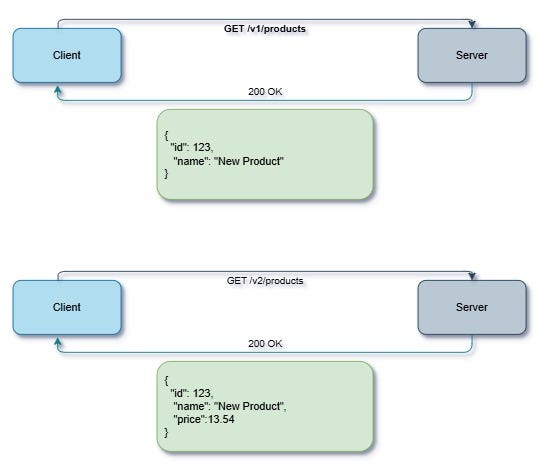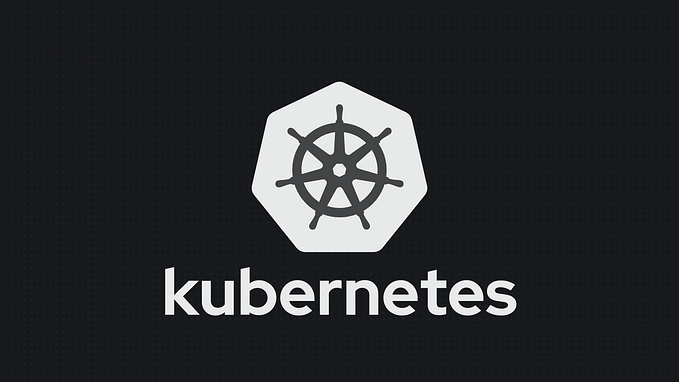Member-only story
Handling Common Data Formats in Go (TXT)
Reading and writing data is one of the basic elements of programming. In Go, which is a compiled language with strong typing, this might seem somewhat more complicated than other languages like Python. Here’s how to handle the most common data formats like a true Gopher…
Text
“Data” does not necessarily have to be structured data. A plain .txt file (or any file format really) can be a legitimate source of data. Although opening a file and reading its contents may seem like a trivial enough task, there are still several ways to do this in Go.
Reading a whole file
One way is to read a complete file into memory, so this is only an option when you know a file is going to be limited in size (like configuration files and such).
The canonical way to do this, is to use os.ReadFile (before Go 1.16 there was also ioutil.ReadFile , which is now deprecated)
Output:
Hello
world




